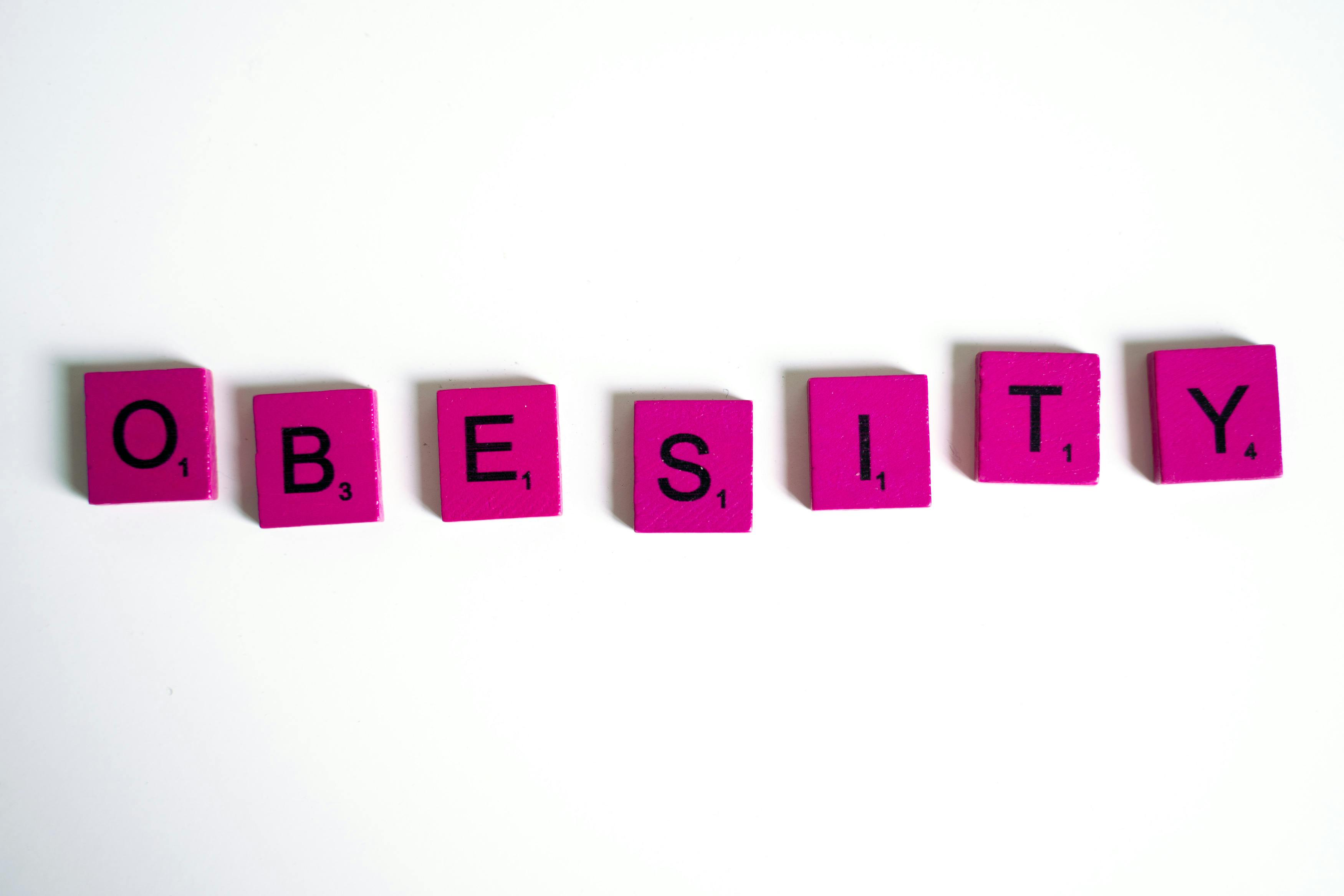What Are The Causes Of Obesity In Adults
The harsh reality that obesity can shorten one’s lifespan makes combating it uttermost essential. In today’s article, “What Are The Causes Of Obesity In Adults”, we are sharing vital information about the causes of obesity in adults. Acknowledging these causes is the initial step towards a healthier lifestyle which can possibly add years to your life. Together, let us gather the knowledge and courage to face this pressing health issue head-on. Then perhaps, we might finally be able to tip the scales in our favor.

Environment and Lifestyle Factors
One of the key influencers of our weight is the environment and lifestyle we inhabit. Our external factors play a significant role in shaping our physical health and weight management.
The Role of Modern Lifestyle
We step into the shoes of our forebearers, and the burden we bear is more than just a shared history – it encompasses shared traits like obesity that currently haunts many of us. Our sedentary presences caused by the conveniences offered by modern technology such as television, computers, and cars, coupled with our inclination towards convenience foods, create a recipe for weight gain.
Unhealthy Eating Habits
We find ourselves falling prey to unhealthy eating habits, often propagated by the sheer abundance and accessibility of high-sugar, high-fat foods surrounding us at every corner. Binge eating or overeating, often driven by emotional triggers or as a result of nutritional deficiencies, further complicates our struggle with maintaining a healthy weight.
Lack of Physical Activity
Our physical inactivity exposes us to the risk of obesity. Engaging in regular physical activities not only burns calories but also strengthen our muscles, improve our metabolism, cardiovascular health, and overall physical fitness. Neglecting these activities tends to lead towards weight gain.
High-Stress Levels
We are victims of high stress in this rapidly changing world. Stress ignites a hormonal imbalance which could trigger weight gain. Chronic stress may also lead us to seek comfort through food, specifically craving for high-sugar and high-fat foods.
Influence of Urbanization
Urbanization and its associated lifestyle changes often lead us into a trap of unhealthy dietary patterns and lower physical activity rates. A lack of safe and accessible places for physical activity coupled with increased consumption of processed, calorie-dense food packed with harmful additives propels us towards obesity.
Genetics and Family History
Genetics plays an undeniable role in our struggles with obesity.
The Link Between Genetics and Obesity
We are products of our parents, inheriting more than just their blue eyes and dimpled smiles. Genes influence our body’s metabolism, and sometimes, these inherited traits make us susceptible to weight gain, leading to obesity.
Inherited Lifestyle Habits
A part of our problem with weight also lies in the type of lifestyle habits we inherit from our families. Unhealthy eating habits, physical inactivity, and even attitudes towards food and exercise, when learned early on from our families, become difficult to change later in life, and contribute significantly to our struggles with weight.
Metabolic Conditions Linked to Genetics
Our genetics can predispose us to certain metabolic conditions such as insulin resistance, which is a precursory factor to developing obesity.
Psychological Causes
The roots of our obesity often burrow deep into the soil of our emotional and mental state.
Emotional Eating
As beings of emotion and intellect, we often seek solace in food, making it a coping mechanism when stressed, anxious, or depressed. This can lead to overeating, push us towards unhealthy food choices, and eventually lead to weight gain.
Depression and Anxiety
Depression and anxiety often create a vicious cycle with obesity – each one feeding into and growing off one another. We may overeat or make poor food choices when we’re battling feelings of depression and anxiety, leading to extra weight gain.
Eating Disorders
Other psychological causes resulting in obesity include eating disorders such as binge eating disorder where we may cope with emotional distress by consuming excessive amounts of food.
Socioeconomic Factors
Our socioeconomic status molds our struggle with obesity.
Income and Obesity
In many cases, our income influences the quality and quantity of our food choices. In societies where unhealthy food options are cheaper, we can often find ourselves gravitating towards these foods leading to a rise in obesity levels.
Education Level and Obesity
Education plays a significant role in our perception and understanding of healthy eating habits and the importance of physical activities. A lack of proper knowledge about nutrition often leads us to make choices that contribute to weight gain.
Societal Pressure and Weight Issues
We also become victims of immense societal pressure to conform to unrealistic standards, which can exacerbate weight issues and lead to unhealthy habits.

Medical Conditions
Medical conditions can also usher in obesity.
Hormonal Imbalances
Hormonal imbalances such as Polycystic Ovary Syndrome (PCOS), Cushing’s syndrome, Hypothyroidism and others can disrupt metabolic functions, leading to weight gain.
Medical Conditions that Cause Weight Gain
Certain medical conditions like arthritis, heart disease, and respiratory issues may restrict us from engaging in regular physical activity, often leading to weight gain.
Medications and Weight Gain
Certain medications cause weight gain as a side effect that includes antidepressants, antipsychotic medicines, and certain forms of contraceptives can cause weight gain as a side effect.
Age
Age is a significant factor influencing our weight.
Metabolism Slowdown
As we age, our metabolism inevitably slows down, and we lose muscle mass, both of which contribute profoundly to weight gain and obesity if unchecked.
Hormonal Changes
Hormonal changes like menopause in women can lead to weight gain as the balance of hormones that control appetite and fat distribution changes.
Role of Muscles in Weight Gain
As we age, our muscle mass shrinks and fat takes its place, causing us to gain weight because muscles burn calories more efficiently than fat.

Lack of Sleep
Insufficient sleep influences our weight management.
Sleep Deprivation and Weight Gain
Sleep deprivation messes with the balance of hormones that control hunger and satiety, often leading to unhealthy food choices and weight gain.
Effects of Sleep Apnea on Weight
Sleep apnea can contribute to obesity. The irregularity in breathing while sleeping causes restless nights leading to an imbalance in hormones that regulate our appetite.
Role of Stress and Sleep in Obesity
Stress and improper sleep can form a naughty duo that leads to overeating and weight gain, bringing in obesity.
Unhealthy Food & Drinks
Unhealthy food and drinks add significantly to our struggles with obesity.
Processed and Fast Foods
These foods are loaded with sugars, preservatives, and unhealthy fats which make them calorifically dense and poor in nutritional value, contributing to weight gain and obesity.
Sugary Drinks and Sweets
Sugary drinks and sweets, high in calories and low in nutritional value add unnecessary calories to our daily intake, leading to weight gain.
Alcohol and Weight Gain
Alcohol is rich in calories and poor in nutritional value, and excessive consumption can lead to weight gain and obesity.

Lack of Fruits and Vegetables Intake
A diet poor in fruits and vegetables adds hefty contributions to our struggle with obesity.
Importance of Fiber
Fiber keeps us feeling full for longer, preventing overeating. Its absence in our meals can leave us constantly hungry, leading to overconsumption and weight gain.
Role of Nutrient-Dense Foods in Weight Management
Fruits and vegetables are nutrient-dense and low in calories, making them a critical element in any weight management strategy. Their absence can lead to nutritional deficiencies and excessive intake of calorie-dense foods.
Effects of Low Fruit and Vegetable Intake
Low intake of fruits and vegetables can lead to inadequate fiber in our diet, leading to poor digestion and bloating, eventually contributing to weight gain.
Sedentary Lifestyle
Our sedentary lifestyle acts as a massive hurdle in our fight against obesity.
Effects of Spending Long Hours Sitting
Long sitting hours lead to less calorie burn and increased risk of weight gain and obesity.
Screen Time and Obesity
Increased screen time, whether it’s television, computers, or phones, often leads to more sitting and less physical activity, contributing to weight gain.
Importance of Regular Physical Activity
Regular physical activity not only burns calories but also builds muscle mass that improves our metabolism. Its absence can lead to weight gain. Therefore, breaking away from a sedentary lifestyle is perhaps the most vital step we can take to combat obesity.
In conclusion, the journey of fighting obesity is a road we tread together. It calls upon a combination of correct lifestyle habits, healthy food choices, regular physical activity, adequate sleep, and a strong resolve. With shared understanding and consciousness, we can help each other move towards a healthier life. Remember, every step in the right direction makes a difference, no matter how small.



Pingback: Which Of The Following Statements About The Current Prevalence Of Obesity Is Accurate Quizlet
Pingback: What Are The Factors That Contribute To Obesity In Children In India
Pingback: How Does Physical Activiy Help Prevent Obesity
Pingback: Obesity Rates In Canada
Pingback: Obesity Statistics In Canada